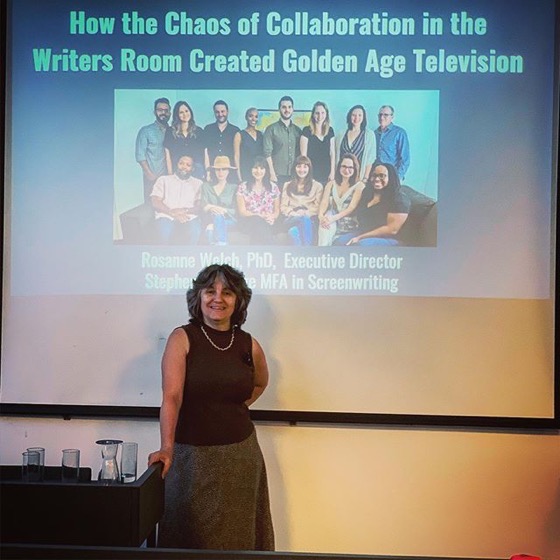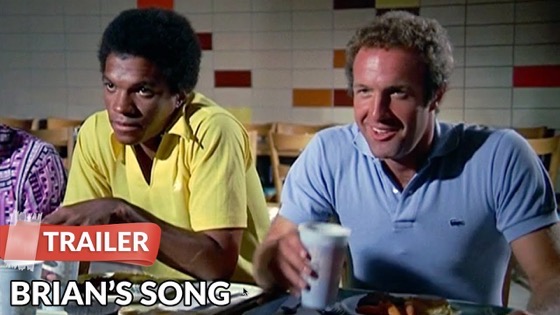Highlighting the articles in the past editions of the Journal of Screenwriting, of which I am the Book Reviews Editor. Hopefully these abstracts will entice you to did a little deeper into the history and future of screenwriting. — Rosanne
Normatizing the silent drama: Photoplay manuals of the 1910s and early 1920s by Terry Bailey
The first instructional manuals to cover the writing of photoplays for silent drama emerged in 1911. In the wake of ‘Scenario Fever’, their style was often hyperbolic, and they claimed a great need in the film industry for new dramatic scenarists. In truth, few readers of manuals, or clients of the ‘schools’ that often distributed them, attained professional status. This article uses primary and secondary sources to examine the origins and content of the silent screenwriting manuals, and determines that, despite their poor record in fulfilling their ostensible purpose, they served valuable social functions. By overlooking screen drama’s debt to Victorian theatre and vaudeville, they served to normatize screenwriting practice in its own right, and thus helped to legitimize film’s sense of itself as a new medium. The uniform nature of their content, shaped by manual writers who were often working scenarists, suggests their reliability in clarifying aspects of screenwriting practice that lay behind the creation of silent films, and justifies their use as resources in film studies.
The Journal of Screenwriting is an international double-blind peer-reviewed journal that is published three times a year. The journal highlights current academic and professional thinking about the screenplay and intends to promote, stimulate and bring together current research and contemporary debates around the screenplay whilst encouraging groundbreaking research in an international arena. The journal is discursive, critical, rigorous and engages with issues in a dynamic and developing field, linking academic theory to screenwriting practice.
Get your copy and subscription to the Journal of Screenwriting Today!
* A portion of each sale from Amazon.com directly supports our blogs
** Many of these books may be available from your local library. Check it out!


![21 In The Room Where It Happens from How The Chaos Of Collaboration in the Writers Room Created Golden Age Television [Video]](https://rosannewelch.com/wp-content/uploads/2021/07/srn-porto-21.jpg)



![07 It’s Show Business…Not Show Art…from Worry and Wonder | The Courier Thirteen Podcast | Episode # 29 [Video]](https://rosannewelch.com/wp-content/uploads/2021/07/rmw-courier-13-07.jpg)
![33 Terence Winter and Boardwalk Empire from There And Back Again: Writing and Developing for American TV [Video]](https://rosannewelch.com/wp-content/uploads/2021/07/rmw-oxford-brookes-33.jpg)

![20 A-Not-So Safe Space on Friends from How The Chaos Of Collaboration in the Writers Room Created Golden Age Television [Video]](https://rosannewelch.com/wp-content/uploads/2021/07/srn-porto-20.jpg)
![06 How To Pitch To A Showrunner…from Worry and Wonder | The Courier Thirteen Podcast | Episode # 29 [Video]](https://rosannewelch.com/wp-content/uploads/2021/07/rmw-courier-13-06.jpg)
![19 Make It A Safe Space from How The Chaos Of Collaboration in the Writers Room Created Golden Age Television [Video]](https://rosannewelch.com/wp-content/uploads/2021/07/srn-porto-19.jpg)
![32 Writer’s Room As Dinner Party from There And Back Again: Writing and Developing for American TV [Video]](https://rosannewelch.com/wp-content/uploads/2021/07/rmw-oxford-brookes-32.jpg)